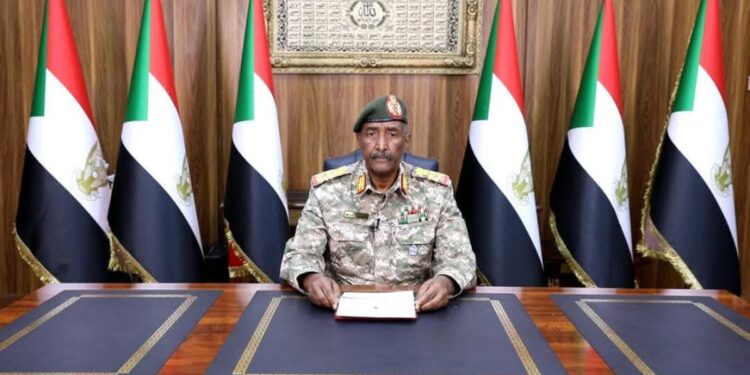The joint meeting of the Sovereignty and Council of Ministers in Sudan approved the general budget for the year 2025, which included a 100% return of wages for state workers, despite the great challenges facing the country.
The head of the Sudanese Sovereignty Council, Lieutenant General Abdel Fattah Al-Burhan, who chaired the meeting yesterday, Wednesday, expressed his appreciation for the efforts made by the government in light of the challenges facing the country, and its keenness to provide all necessary services to citizens.
Al-Burhan praised the role played by the Bank of Sudan in replacing the currency and overcoming the challenges that accompanied this process, stressing the importance of holding conferences and organizing workshops to rebuild and rebuild what was destroyed by the “terrorist militia of Sudanese state institutions,” in reference to the Rapid Support Forces.
For his part, Minister of Finance and Economic Planning, Jibril Ibrahim, said in a press statement that the state budget for the year 2025 was approved in light of the great challenges facing the country, and described the new year’s budget as unconventional.
Ibrahim announced that the budget carries “great good tidings,” most notably large spending on supporting the war effort, supporting the areas of humanitarian work, health, and education, restoring basic services to citizens, allocating sufficient resources to support refugees and displaced persons, and supporting government units.
He expressed his hope to increase revenues by expanding the tax and customs umbrella, and revealed that the budget included a 100% return of wages to workers in the state.
The minister indicated that the 2025 budget was consistent with the needs of citizens in light of the circumstances the country is going through, stressing his ministry’s interest in stabilizing macroeconomic indicators, alleviating the suffering of citizens, and not increasing inflation and deteriorating the exchange rate.
“We are seeking additional resources from regional and international financial institutions,” he said, noting that there are promises from the World Bank and the African Development Bank in this regard.



